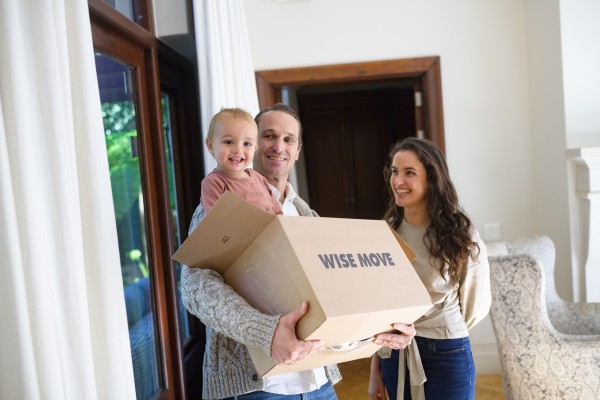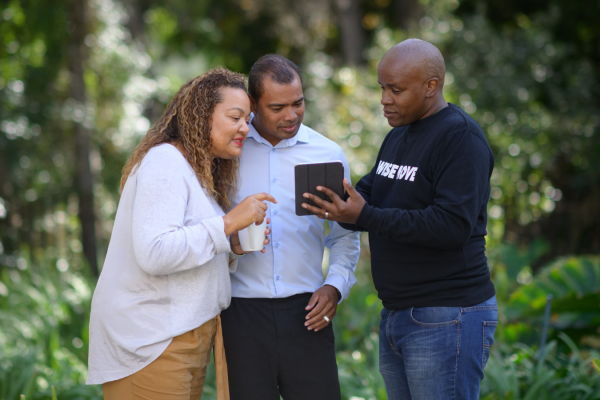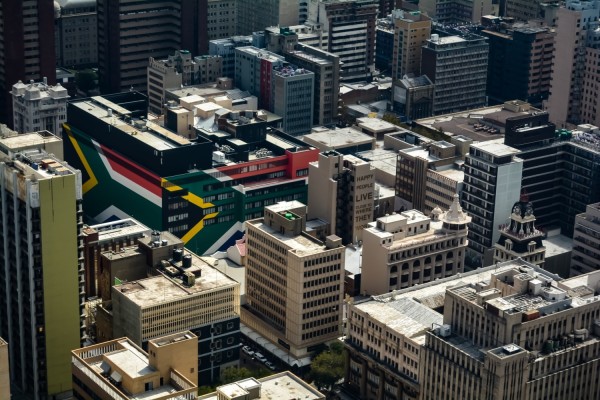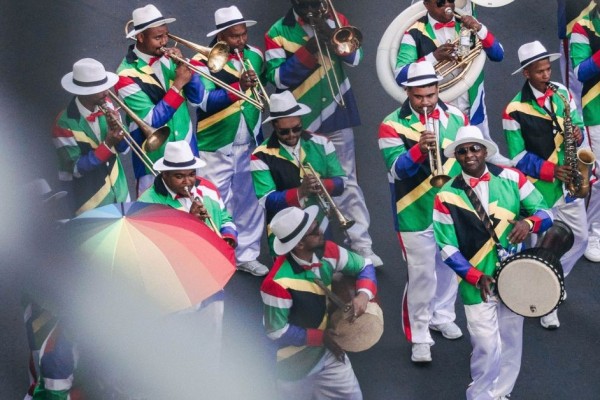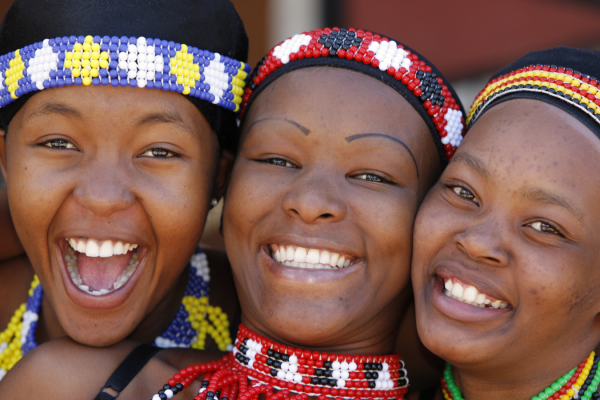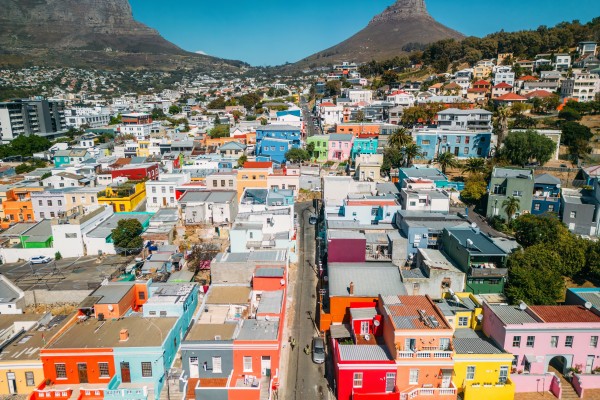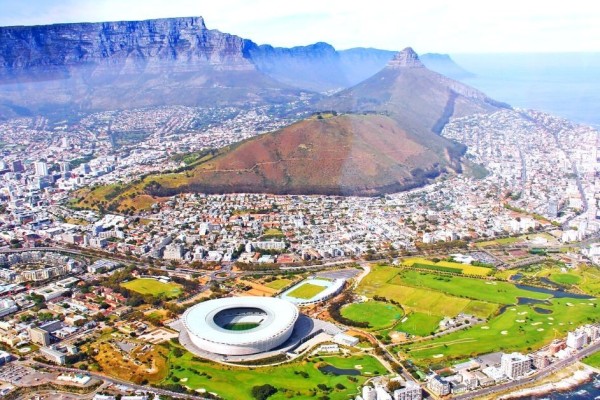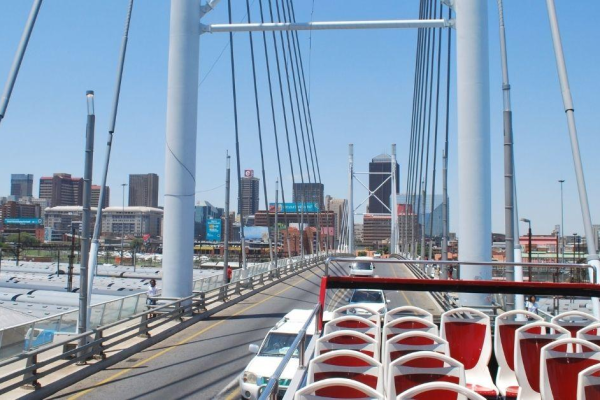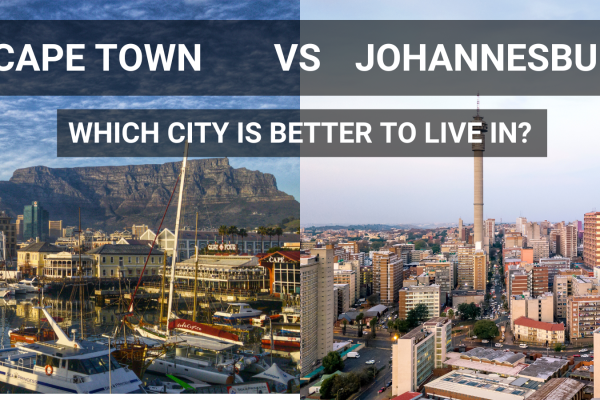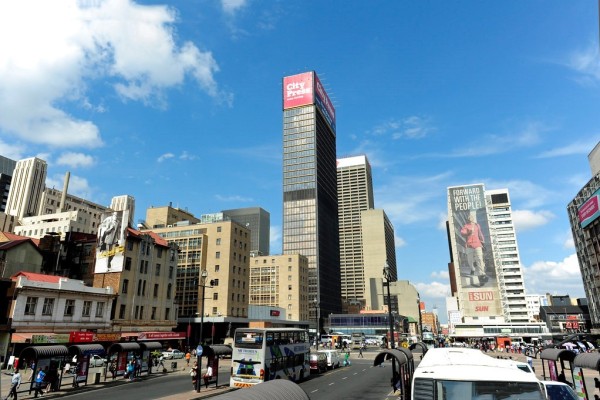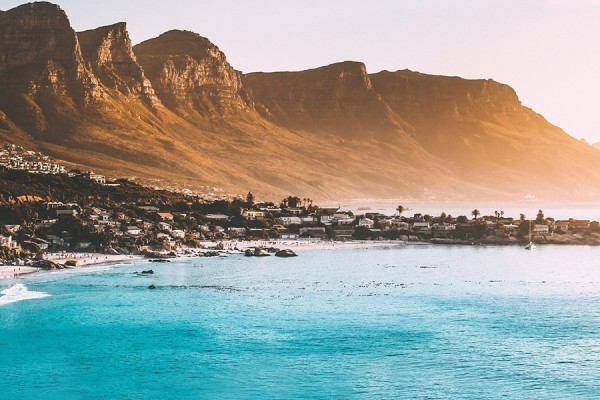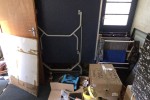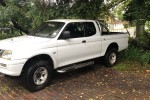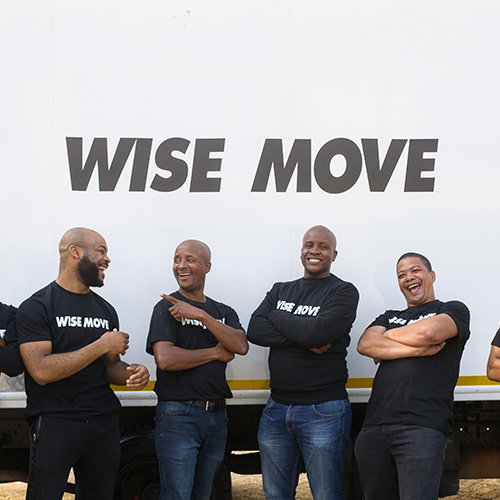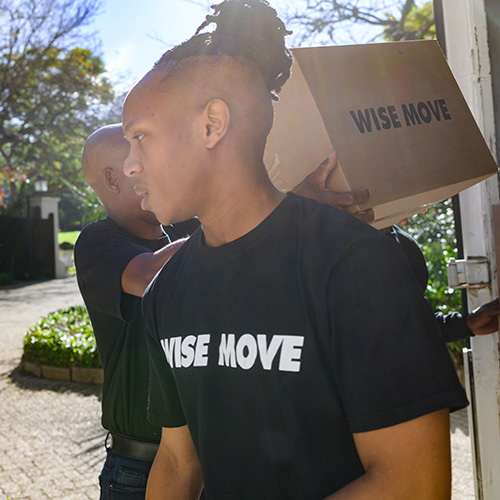Tipping in South Africa - When and how much

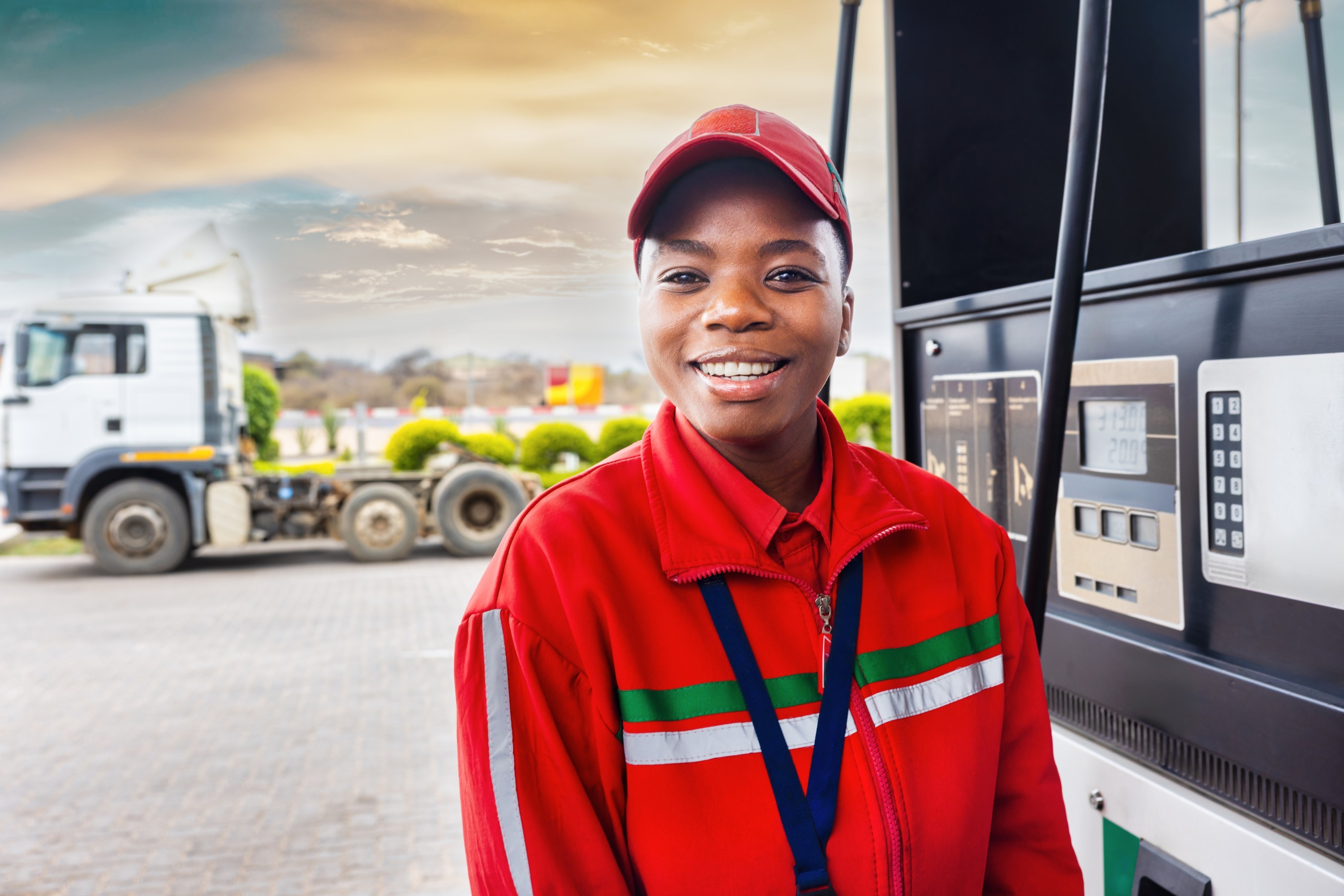
South Africa has a deeply ingrained tipping culture. With the minimum wage set at R27.58 per hour ($1.48*)—expected to increase to R24.82 per hour in 2025—many service industry workers rely on tips to make a living.
While most South Africans have a fairly good idea of the tipping etiquette (and percentages) that local service professionals expect, it's not common knowledge for tourists.
This is especially true if you come from a country with a much higher minimum/ hourly wage, where it's not customary to receive a few extra bucks from customers. On the other end of the scale, etiquette in the US for example, dictates that one should tip waiters at least 20% of the total bill.
Whether you're a local or a visitor, this guide will help you navigate the tipping landscape in South Africa across the different service industries (especially those services that are unique to SA.)
Some basic rules for tipping
In South Africa, as a general rule of thumb, start at 10% across the board—and preferably tip with cash. While card tips are appreciated, service staff members may only get these tips at the end of the week, or month.
And remember, you're not obliged to tip, especially if a service provider is rude, unprofessional (or intoxicated.) Etiquette consultants in South Africa also advise that if you did not receive what you were promised in a reasonable time frame— and no effort was made to rectify the situation beforehand—you do not need to leave a tip.
Bars

As in many countries, it's customary in South Africa to leave a cash tip for the bartender on the bar counter. However, adding gratuity to card taps has become more commonplace as countries become cashless, and South Africa is no different.
Either way, 10% of the cost of the drink (or total bill) is considered an average tip, while a larger tip can be given if the bartender makes you a cocktail.
It's also worth remembering that if you tip generously at the bar for your first round of drinks, you're more likely to get noticed by bartenders and receive quicker service on the next round.
Restaurants
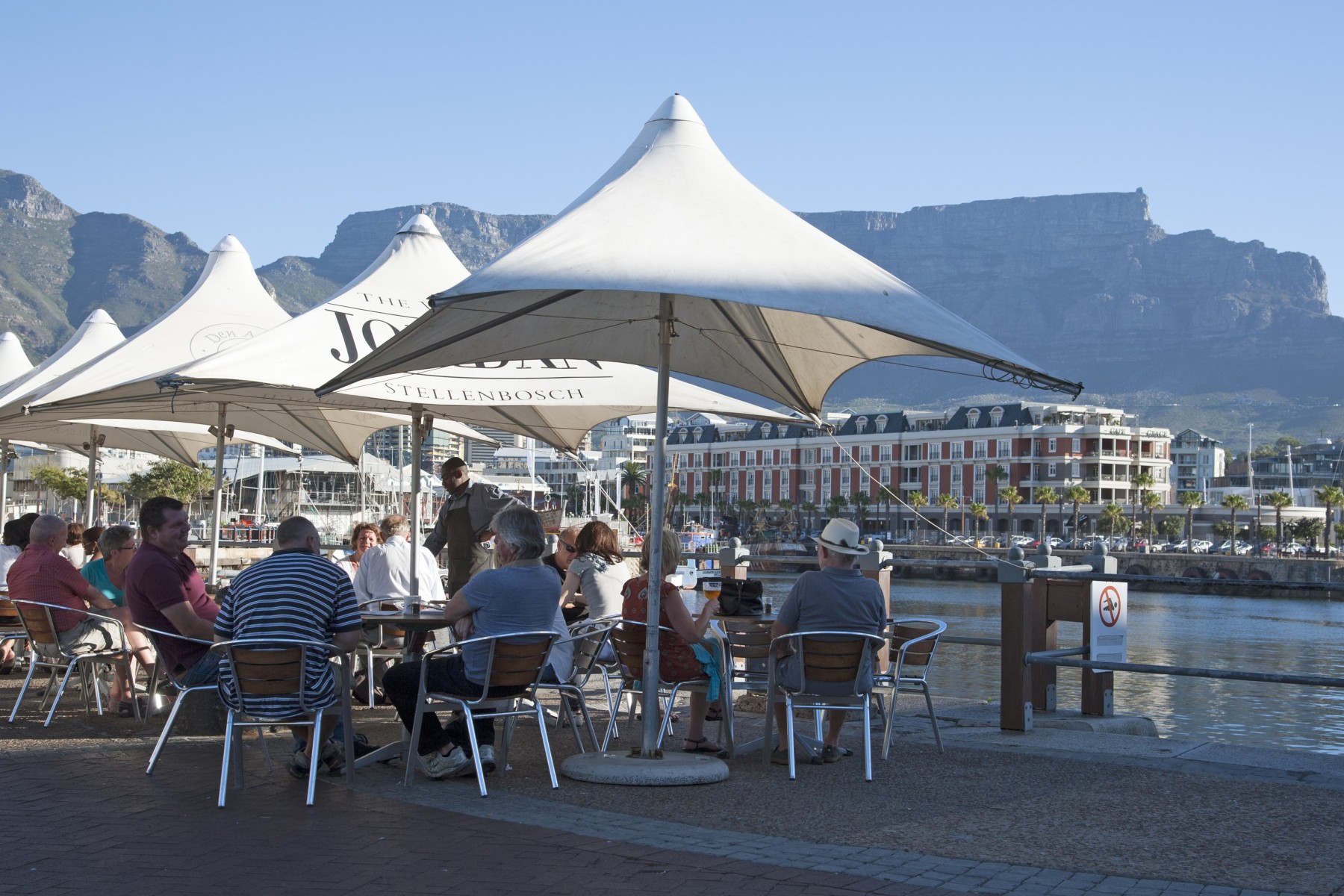
The exact tip amount when eating out in South Africa varies depending on the venue, occasion and portion size, but 10% of the total bill should be the minimum gratuity.
Most waitstaff at higher-end restaurants are paid a minimum hourly wage but still rely on tips to boost their income. Some restaurants—especially in fine dining—may even automatically add a tip between 10-12.5% to the bill. In these instances, you don't have to add a tip, unless the food and/or service was exceptional, but this is up to you.
Therefore, staying within a 10-20% range is safe and recommendable at South African restaurants. And remember, don't penalise waitrons for poor food quality (unless the complaint is handled poorly.) Rather direct these sorts of complaints to the manager.
Did you know that in some restaurants only permanent staff receive a minimum wage in addition to their tips? Any casual staff who work a few times a week (especially students), may only work for tips.
Petrol attendants
In South Africa, you don't have to fill your tank with petrol (gas). In fact, in many ways, it's frowned upon! Thanks to this decidedly South African service, you will find several petrol attendants at petrol/ gas stations that will take care of this job for you.
Petrol attendants also offer to check your oil, water and tyre pressure and usually wash your back and front windows (unless you're in a hurry.)
While car guards earn a salary (typically between R6000 and R10000 per month), tipping of course comes standard with any extra services, and the amount can range from R5-20, depending on whether or not you take the full package.
Car guards
In another uniquely South African 'act of assistance', you will often find informal car guards on public streets, offering to keep an eye on your car in your absence. With South Africa's petty crime rates, these guards want to ensure nothing happens to your parked car.
It can be tough to differentiate between self-appointed and official car guards, so here are a few ... tips.
The former, informal guards usually wear a neon-yellow security vest, trying to eke out a living. On top of guarding your car, they may also direct you to free parking spots, while helping you reverse out of the tighter ones. Their services can be a real asset.
Then you get the chancers, often vestless, who might pop up out of nowhere and pretend that they've been keeping an eye out. Given South Africa's high unemployment rates, it can become a moral dilemma, whether or not to tip—so this is at your discretion.
Also, you should only tip informal car guards when you leave and never upfront.
Mandated guards on the other hand, like those that work at open parking lots of shopping centres, have a uniform and code of conduct. Some of these guards pay a fee for their spot and rely on tips to cover that cost (and only then make a living).
Depending on the length of your stay and whether you feel the car guard has been attentive, R5-10 is generally the standard cash tip.
Taxi drivers
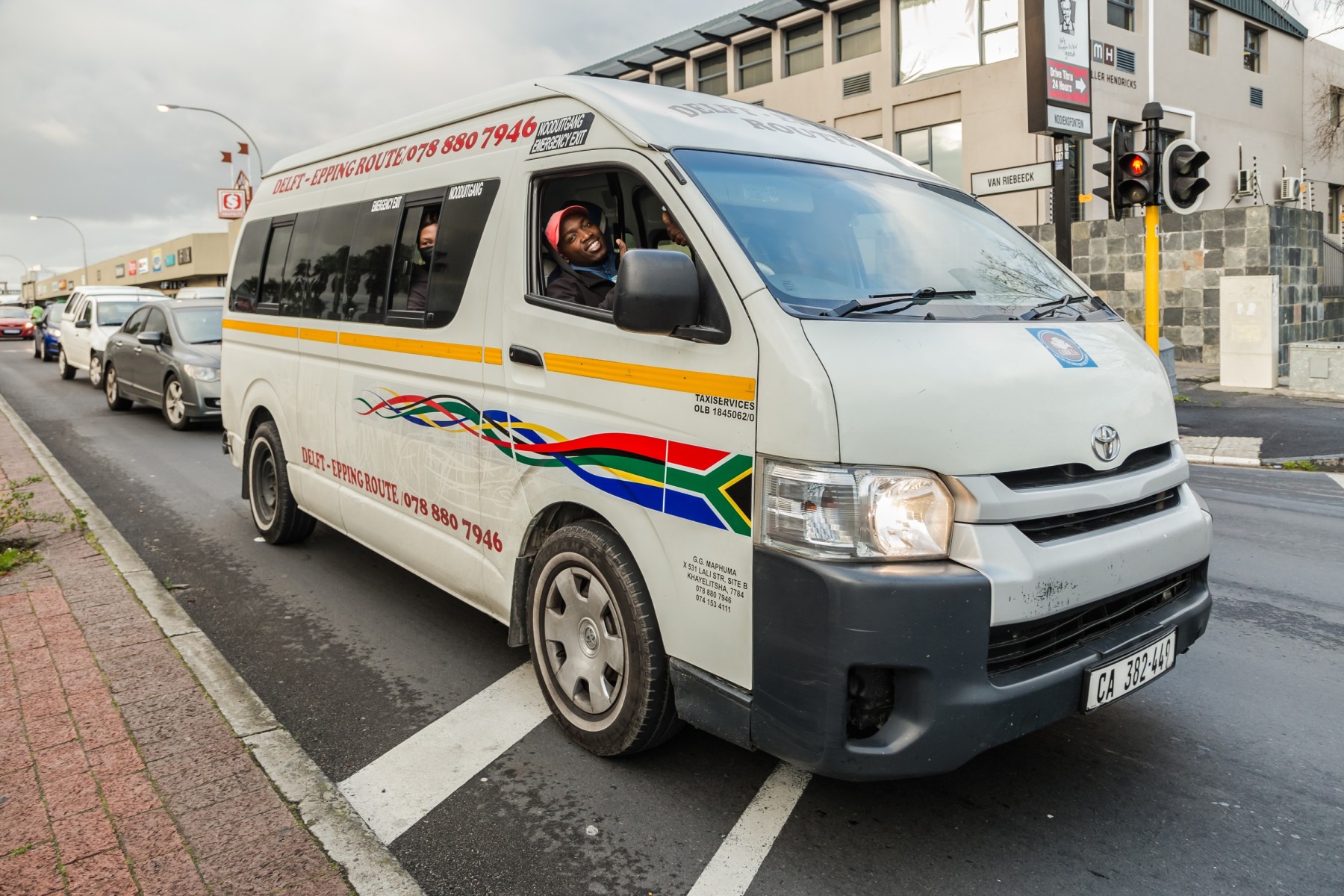
There are three main types of taxi services in South Africa—minibus taxis (the cheapest option), metered cabs, and e-hailing services such as Uber and Bolt.
Tips are not expected in minibus taxis, but drivers of metered cabs and those on ride-hailing apps do appreciate a bit of gratuity. Generally, 10-20% of the total fare is seen as a good tip from a rider—this can be easily applied on an app like Uber.
Things to consider when deciding on an appropriate tip for a taxi driver are punctuality, the distance travelled, friendliness of the driver, safety, and roadworthiness of the car. Taxi drivers may also help you with your luggage.
Tour guides and safari staff

A tour guide can make or break an experience when travelling. Luckily, South African tour guides have an excellent reputation. Whether you're taking a private, multi-day or walking tour, a 10% tip usually goes down well.
If you're visiting South Africa for its world-renowned safaris, the game-viewing experience is made all the more special by the guidance of rangers and the service of staff members at your lodge.
Guides and rangers will keep you safe on your game drives, point out the elusive animals, and impress you with their tracking skills and overall local knowledge. It’s worth noting that rangers often rotate (and should be tipped separately.) Giving them each a tip of R100 is a respectable way to say 'thank you' for their services.
For your lodge stays on safari, South Africa's porters, housekeeping and kitchen staff are famously friendly and hospitable. As such, giving a 'pooled tip' for lodge staff is a convenient way for you to reach housekeeping, front of house, and general staff all at once.
For a three-day safari, R100-250 per couple per night is a worthy tip for these services.
Last, but not least ... your Checkers Sixty60 Driver
South Africa has had a delivery revolution and the Checkers Sixty60 team are the homegrown celebrities. These guys will deliver your groceries come rain or shine – and while they do it, maybe save your grocery shopping for a non-rainy day if you can wait a bit! If you can't wait, maybe consider adding an even bigger tip.
Save up your shopping for one or two deliveries a week and make sure you give your Checkers Sixty60, Mr D, Woolworths or Spar delivery guy a worthwhile thank you for saving you the time in the traffic and aisles—anything between R15 and R50, depending on the distance, order size and, of course, the weather conditions!
*ZAR - USD exchange rate as of January 2025.
View this post on Instagram
What do our customers say?



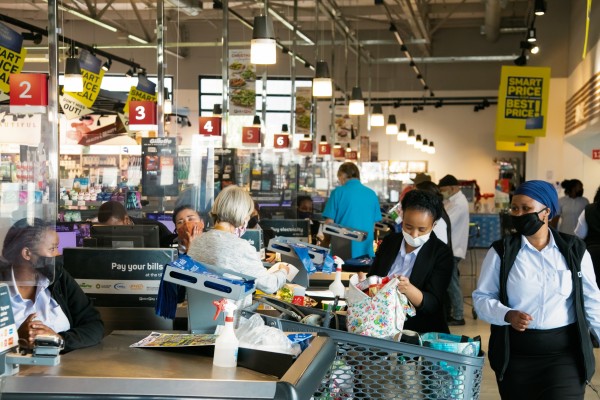
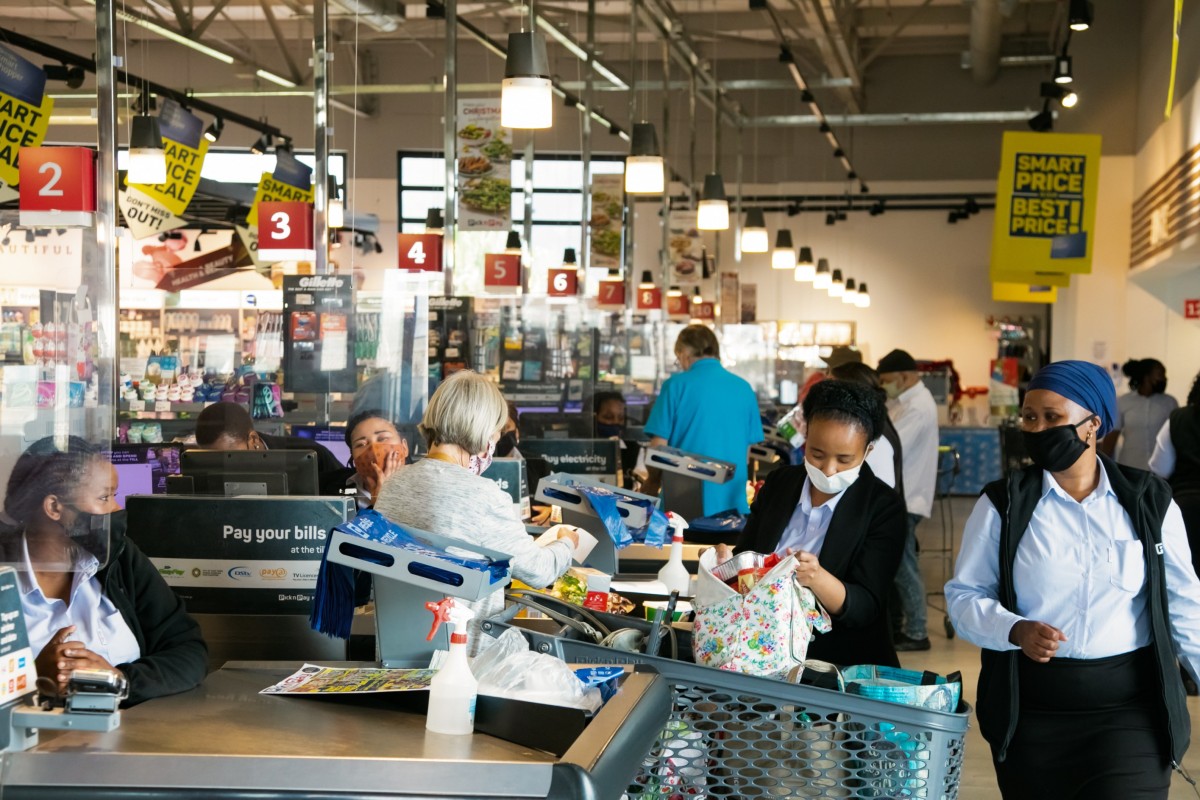
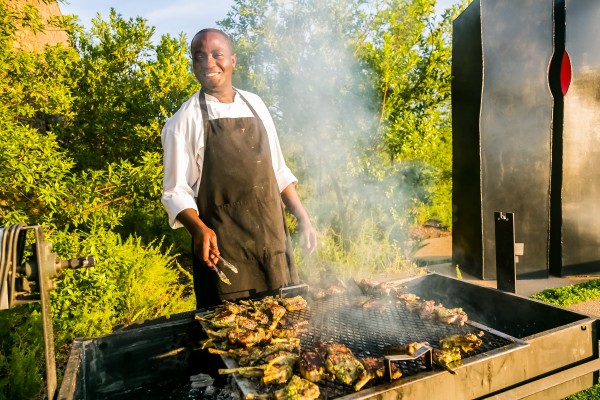
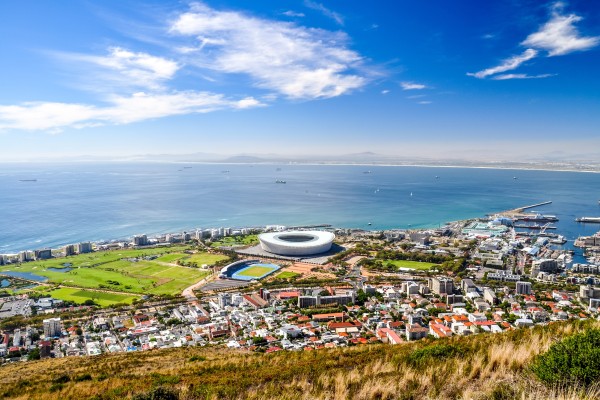
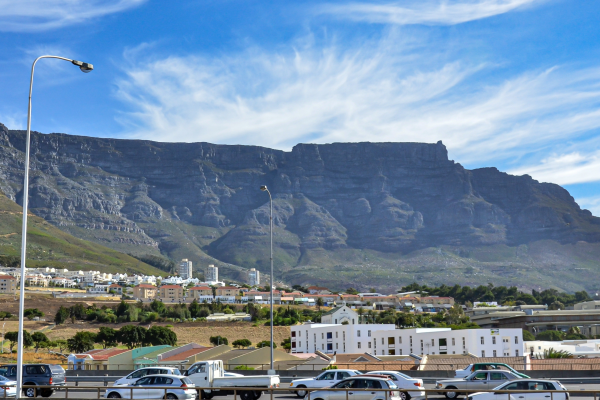
![The Cost of Living in Durban [2025] The Cost of Living in Durban [2025]](https://cdn.wisemove.co.za/image/blog/33d6922f3018eeb43ebed98163e7b2cd.jpeg)
